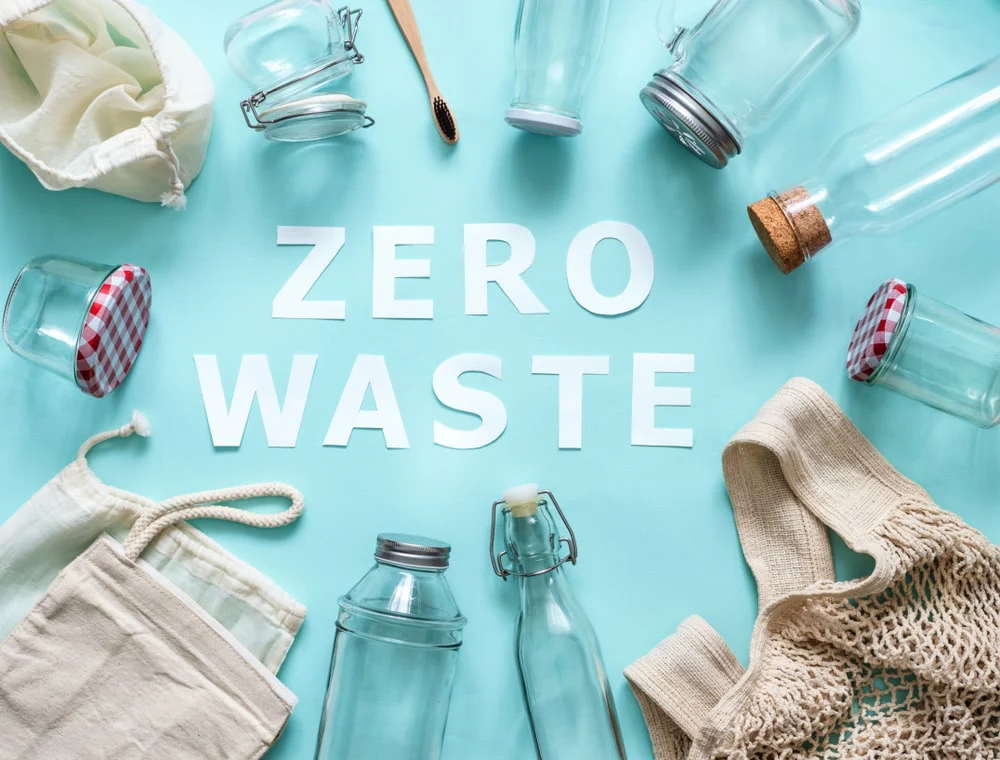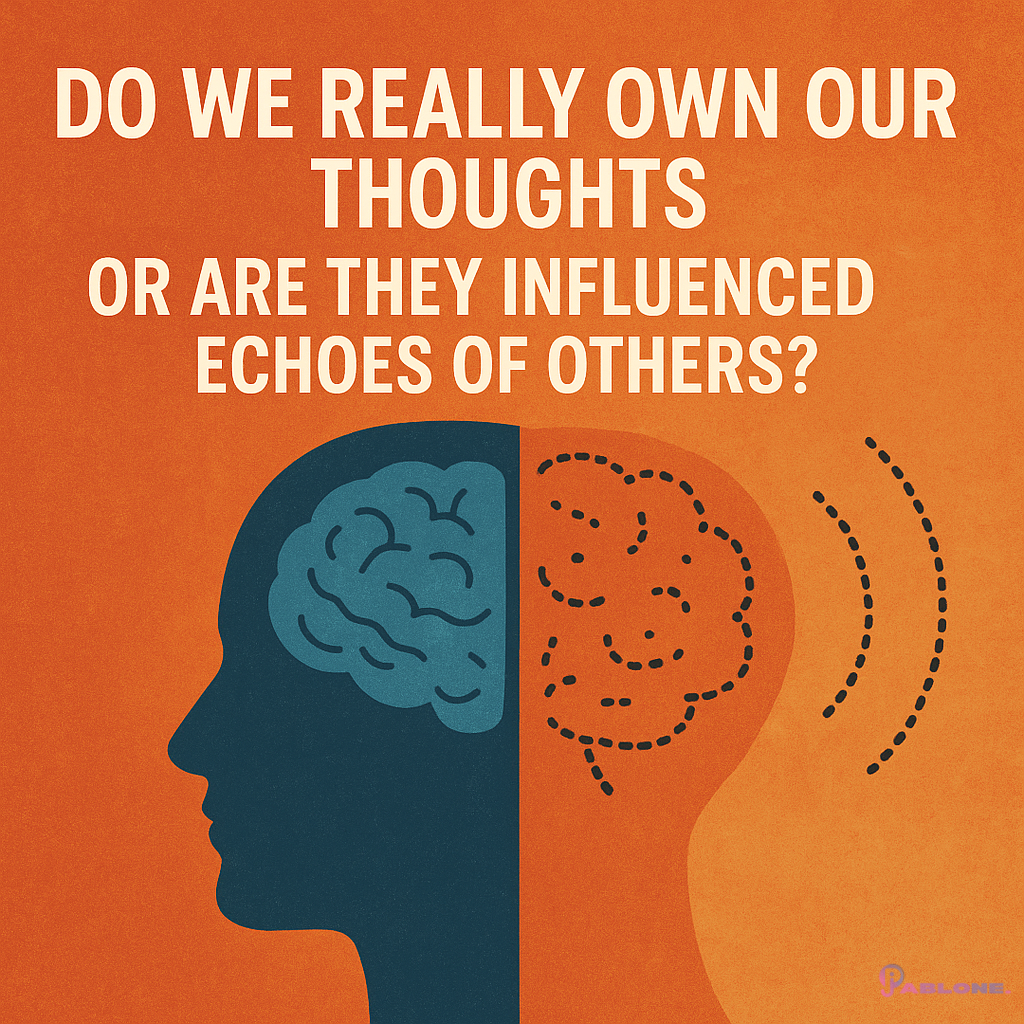In today’s world, where environmental concerns are at an all-time high, the zero-waste lifestyle is becoming increasingly popular. It’s a conscious effort to reduce the amount of waste we produce and minimize our ecological footprint. By embracing zero waste, we contribute to the preservation of our planet, promote sustainability, and encourage a more mindful and responsible way of living. This blog will delve into the concept of zero waste, provide practical tips and tricks for adopting this lifestyle, and highlight the benefits of living with less waste.
Understanding Zero Waste
What is Zero Waste?
Zero waste is a philosophy and lifestyle that encourages the redesign of resource life cycles so that all products are reused, and no trash is sent to landfills or incinerators. The goal is to create a circular economy, where products are made to last, and materials are continuously cycled back into the system.
The Principles of Zero Waste
The zero-waste lifestyle is built on the five R’s:
- Refuse: Avoid unnecessary items and packaging. Say no to single-use plastics and freebies that you don’t need.
- Reduce: Minimize your consumption and opt for products with less packaging.
- Reuse: Choose durable items that can be used multiple times and repurpose items whenever possible.
- Recycle: Properly sort and recycle materials that can’t be refused, reduced, or reused.
- Rot: Compost organic waste to return nutrients to the soil.
Benefits of a Zero-Waste Lifestyle
- Environmental Impact
Living a zero-waste lifestyle significantly reduces your environmental footprint. By producing less waste, you help decrease the amount of trash that ends up in landfills and oceans. This, in turn, reduces pollution and conserves natural resources.
- Health Benefits
Zero-waste living often involves choosing natural and organic products, which can be healthier for you and your family. By avoiding synthetic chemicals and toxins found in many disposable products, you can improve your overall well-being.
- Financial Savings
While some zero-waste alternatives may have a higher upfront cost, they often save money in the long run. Reusable items, such as stainless-steel water bottles and cloth shopping bags, eliminate the need for constant repurchasing. Additionally, buying in bulk and cooking at home can reduce your grocery bill.
- Simplified Lifestyle
Adopting a zero-waste lifestyle encourages minimalism and decluttering. By focusing on what you truly need and value, you can create a simpler, more intentional life.
Practical Tips and Tricks for Living Zero Waste
Kitchen and Food
- Bulk Shopping: Bring your own containers and bags to buy bulk items like grains, nuts, and spices. This reduces packaging waste and often saves money.
- Meal Planning: Plan your meals to avoid food waste. Use leftovers creatively to minimize waste.
- Reusable Containers: Invest in glass or stainless-steel containers for food storage. Avoid single-use plastics like cling film and plastic bags.
- Composting: Set up a compost bin for food scraps and yard waste. This reduces landfill waste and creates nutrient-rich soil for gardening.
- Homemade Cleaning Products: Make your own cleaning products using natural ingredients like vinegar, baking soda, and essential oils. This reduces plastic bottle waste and eliminates harmful chemicals.
Bathroom and Personal Care
- Refillable Toiletries: Use refillable containers for shampoo, conditioner, and body wash. Many stores offer bulk refills for personal care products.
- Solid Bars: Switch to solid soap bars, shampoo bars, and conditioner bars. They often come without packaging and last longer.
- Reusable Cotton Pads: Replace disposable cotton pads with reusable ones made from organic cotton. They can be washed and reused many times.
- Safety Razor: Invest in a stainless-steel safety razor with replaceable blades instead of disposable razors.
- Menstrual Products: Consider using menstrual cups, reusable cloth pads, or period panties instead of disposable sanitary products.
Clothing and Fashion
- Second-Hand Shopping: Buy clothes from thrift stores, consignment shops, or online second-hand marketplaces. This reduces demand for new clothing production.
- Clothing Swaps: Organize or participate in clothing swaps with friends and family to refresh your wardrobe without buying new items.
- Quality Over Quantity: Invest in high-quality, timeless pieces that will last longer and reduce the need for frequent replacements.
- Repair and Upcycle: Mend your clothes when they are damaged, and upcycle old garments into new items to extend their life.
- Minimalist Wardrobe: Create a capsule wardrobe with versatile pieces that can be mixed and matched, reducing the need for a large collection of clothes.
Household and Lifestyle
- Energy Efficiency: Use energy-efficient appliances and light bulbs to reduce energy consumption and lower your utility bills.
- Digital Alternatives: Go paperless by opting for digital bills, statements, and documents. Use e-books and online resources instead of physical copies.
- Reusable Items: Choose reusable items like cloth napkins, stainless steel straws, and beeswax wraps to replace disposable versions.
- DIY Projects: Make your own household items, such as candles, cleaning cloths, and furniture, to reduce waste and create personalized, sustainable alternatives.
- Mindful Consumption: Before making a purchase, ask yourself if you really need the item and if it aligns with your zero-waste goals.
Overcoming Challenges in Zero-Waste Living
Common Obstacles
- Convenience: Zero-waste living can be less convenient than relying on disposable products. It requires planning and preparation to avoid single-use items.
- Accessibility: Some zero-waste alternatives may not be readily available in all areas, making it challenging to find suitable replacements.
- Cost: While many zero-waste products save money in the long run, the initial investment can be higher than disposable alternatives.
- Social Pressure: Living zero waste can sometimes feel isolating or overwhelming due to societal norms and expectations.
Solutions and Strategies
- Start Small: Begin with one area of your life, such as the kitchen or bathroom, and gradually make changes. Small steps can lead to significant progress over time.
- Build a Support Network: Connect with like-minded individuals through social media, local groups, or community events. Sharing experiences and tips can provide motivation and support.
- Get Creative: Look for innovative and creative solutions to overcome obstacles. DIY projects, repurposing items, and thinking outside the box can help you find zero-waste alternatives.
- Educate Yourself: Continuously learn about new products, techniques, and practices that can help you live a zero-waste lifestyle. Stay informed and open to new ideas.
- Be Patient: Transitioning to a zero-waste lifestyle is a journey, not a destination. Be patient with yourself and celebrate your progress, no matter how small.
Zero-Waste Community and Advocacy
Joining the Movement
- Local Groups: Join local zero-waste groups or organizations to connect with others who share your values. Participate in events, workshops, and clean-up activities.
- Online Communities: Engage with online communities, forums, and social media groups dedicated to zero-waste living. Share tips, experiences, and resources.
- Advocacy: Support policies and initiatives that promote sustainability and waste reduction. Advocate for changes in your community, such as better recycling programs or plastic bag bans.
- Education: Spread awareness about the benefits of zero-waste living by educating friends, family, and colleagues. Host workshops, give presentations, or write articles to share your knowledge.
Supporting Zero-Waste Businesses
- Shop Local: Support local businesses that prioritize sustainability and offer zero-waste products. This helps build a community that values and practices waste reduction.
- Eco-Friendly Brands: Choose brands that use sustainable materials, minimal packaging, and ethical production practices. Research companies to ensure they align with your values.
- Bulk Stores: Shop at bulk stores that allow you to bring your own containers. This reduces packaging waste and supports businesses that are committed to zero waste.
- Zero-Waste Stores: Seek out zero-waste stores that specialize in sustainable products and packaging-free options. These stores often provide a wide range of eco-friendly alternatives.
Inspiring Stories and Examples
Case Studies
- The Johnson Family: Bea Johnson and her family are pioneers of the zero-waste movement. Through their journey, they have reduced their annual waste to a single mason jar. Bea’s book, “Zero Waste Home,” offers practical tips and insights into their lifestyle.
- Lauren Singer: Lauren Singer, founder of the blog “Trash is for Tossers,” has inspired many with her zero-waste journey. She shares her experiences, DIY recipes, and tips for living a sustainable life.
- Zero-Waste Cities: Cities like San Francisco and Kami katsu, Japan, have implemented zero-waste initiatives to reduce their waste output. These cities serve as models for how communities can work together to achieve significant waste reduction.
Everyday Heroes
- Local Activists: Many individuals around the world are making a difference in their communities by promoting zero-waste practices. Their efforts, whether through organizing clean-ups, advocating for policy changes, or educating others, contribute to the larger movement.
- Entrepreneurs: Innovators and entrepreneurs are creating zero-waste products and services that make it easier for people to adopt this lifestyle. From zero-waste packaging to sustainable fashion, these businesses are paving the way for a more sustainable future.
- Educators: Teachers and educators who incorporate zero-waste principles into their curriculum inspire the next generation to care for the environment. Through hands-on projects and lessons, they instil the importance of sustainability in young minds.
Conclusion
Living a zero-waste lifestyle is a powerful way to contribute to the well-being of our planet. By making conscious choices and adopting sustainable practices, we can significantly reduce our waste and promote a more circular economy. The journey towards zero waste may come with challenges, but the benefits to our environment, health, finances, and overall quality of life are well worth the effort. Start small, stay committed, and join the growing community of individuals dedicated to making a positive impact on the world.
Whether you’re just beginning your zero-waste journey or looking to deepen your commitment, remember that every action counts. Together, we can create a more sustainable, waste-free future for generations to come.









Leave a Reply